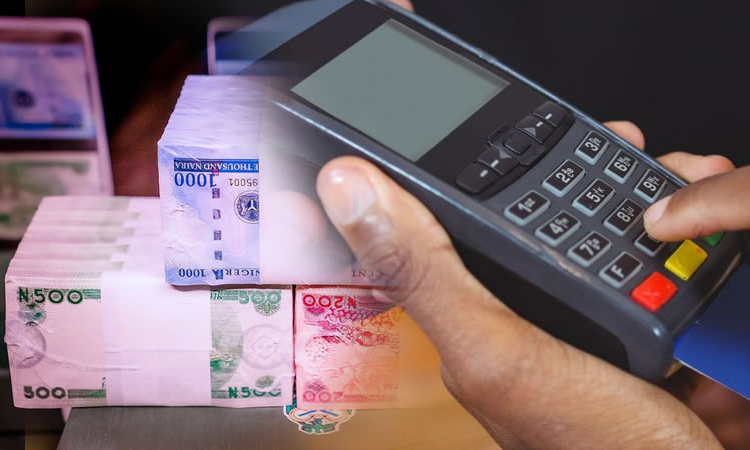As digital payment in the Nigerian financial space is expected to rise with increased participation of mobile network providers, analysts at Agusto&Co have said, economic conditions and regulations will significantly raise risks in the industry.
The major telecommunication companies in the country had all acquired payment system banking licenses and had commenced operations at a time when the country is pushing a cashless economy amidst cash crunch induced by a currency redesign policy.
An overview of the Agusto&Co 2022 Payment System Industry Report noted that, the Nigerian Payment System has grown significantly over the years, attracting significant interest and investment from domestic and foreign investors.
According to the report, positive regulatory policies, a young population, and influx of talent and expertise have further contributed to Industry growth, as a large majority of Nigerians continue to rely on non-formal financial services for their day-to-day payment needs.
“The increasing pace of technological innovation has altered the layout of the industry, affecting the way in which payments are made and processed. The volume of cheque payments has shrunk by more than 50 per cent between 2017-2021. This is in line with global payment trends as access to internet-enabled mobile phones has altered consumer behaviour.
“Payment fintechs are at the forefront of innovation as companies seek to improve the delivery of financial services. The increased adoption of digital payments is in line with global payment trends as access to affordable and reliable internet-enabled mobile phones have altered consumer behaviour.
“The industry’s three major segments – the infrastructural providers, core business and broader ecosystem –are ever-evolving with each segment contributing to the growth of the industry. The industry continues to attract new entrants into its various segments as opportunities to grow remain present.”
Agusto&Co analysts noted that, given the low levels of education and exposure of a significant number of Nigerians in this category, many of whom live in rural areas with inadequate or non-existent telecommunications infrastructure, a quick and seamless transition to digital payment channels was always unlikely.
“In addition, while mobile phone ownership in Nigeria is estimated at 81 per cent by Enhancing Financial Innovation & Access (EFinA), internet penetration is still a mere 44.3 per cent, as 60 per cent of Nigerians live in rural areas where network outages were widespread even before the latest wave of transaction failures, and coverage was often non-existent, limiting access to traditional banking services.
“The Unstructured Supplementary Service Data (USSD), launched by banks and TelCos to enable deeper mobile banking penetration in communities lacking mobile data, has also been plagued by network-related setbacks.
“Looking ahead, digital payment penetration is expected to rise as mobile network providers finally make use of their vast geographic presence to deliver financial services, and agency banking penetration continues to rise.
“Some big banks’ restructuring to a Holding Company structure (Holdco) allows traditional financial services organisations to participate more freely in the industry, contributing their expertise and knowledge while competing with other Industry players. In general, we anticipate continued industry expansion in the near future. However, adverse changes in economic conditions and regulations will significantly raise Industry risk,” the analysts pointed out.











